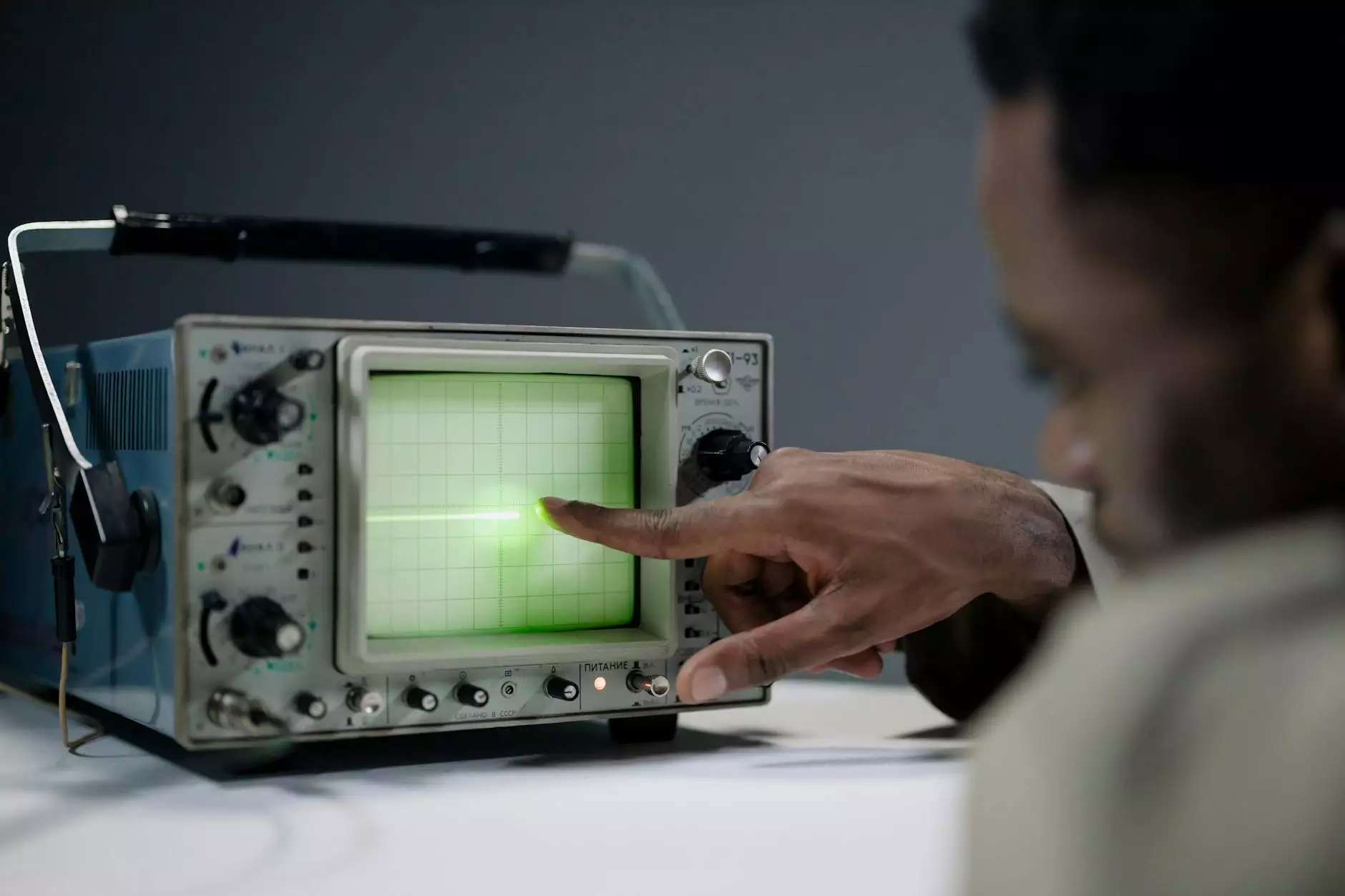The Importance of a Sound Engineer in Game Development

In the fast-evolving world of video games, sound engineers play a crucial role in shaping the auditory landscape that complements visual storytelling. At Pingle Studio, a prominent game development outsourcing company, we understand the indispensable impact of high-quality audio in video games. In this comprehensive guide, we delve into the multifaceted responsibilities of a sound engineer game professional and the significant contributions they make to the creation of immersive gaming experiences.
What is a Sound Engineer?
A sound engineer is a trained professional who specializes in creating, recording, and manipulating sound for various media, including films, music, radio, and video games. In the realm of game development, the responsibilities of a sound engineer extend far beyond just capturing audio. Their work involves a blend of creativity, technical skill, and understanding of how audio elements affect player immersion.
The Role of Sound Engineers in Game Development
Sound engineers in the gaming industry are responsible for several critical tasks, including:
- Audio Design: Crafting soundscapes that enhance the game's atmosphere, making the world feel alive.
- Voice Acting: Recording and editing voiceovers for characters, ensuring they match the game's tone and style.
- Sound Effects Creation: Designing and implementing sound effects that provide feedback and enhance gameplay mechanics.
- Music Composition: Composing original scores that define the emotional and narrative elements of the game.
- Mixing and Mastering: Balancing all audio elements to ensure a coherent and polished final product.
The Creative Process of Sound Engineering in Games
The journey of sound engineering in game development is both systematic and creative. It typically involves several stages:
1. Concept Development
At this stage, sound engineers collaborate with game designers and producers to understand the vision and the feelings the game aims to evoke. This is where they get a sense of the genre, style, and target audience, paving the way for their audio decisions.
2. Field Recording
Many sound engineers take their craft to the field, capturing unique sounds that will serve as building blocks for game audio. This can involve recording environmental sounds, Foley (everyday sounds), and even specific character actions to enhance realism.
3. Sound Design and Implementation
Using advanced software, sound engineers start crafting sound effects and ambient sounds. They work with audio engines like Wwise or Fmod to ensure that sounds trigger appropriately during gameplay, contributing to a dynamic and engaging experience.
4. Testing and Refinement
After initial sounds are implemented, rigorous testing occurs. Engineers gather feedback from testers to refine sounds, ensuring that every element contributes positively to the overall game experience.
Why Sound is Vital in Gaming
Sound isn’t just an add-on; it is a critical component of gameplay. It creates atmosphere, provides cues, and enhances emotional engagement. Here’s why sound is essential:
- Immersion: High-quality sound effects draw players into the game, making them feel part of the world.
- Narrative Enhancement: Audio cues can indicate important plot developments or emotional turns, guiding players through the story.
- Feedback: Sound provides vital auditory feedback for actions, like an arrow releasing from a bow or a puzzle piece snapping into place.
Trends and Innovations in Game Sound Engineering
The gaming industry is continuously evolving, and sound engineers have to keep on the cutting edge of technology and trends. Some key trends include:
1. Adaptive Soundscapes
Adaptive sound is a game-changer. Sound engineers use algorithms to adjust audio in real-time based on gameplay, creating a unique experience for every player. This dynamic audio response enhances interactivity and player engagement.
2. Virtual and Augmented Reality
With the rise of virtual reality (VR) and augmented reality (AR), sound engineers play a crucial role in creating 360-degree audio experiences. This spatial audio technology allows players to hear sounds coming from specific directions, deepening immersion and realism.
3. Integration of AI
Artificial intelligence is revolutionizing the way sound is created and managed in games. AI can assist in generating realistic sound effects and even compose music tailored to the game’s mood, allowing sound engineers to focus more on creative tasks.
The Future of Sound Engineering in Gaming
As technology advances, the future of sound engineering in games looks promising. With increasing complexity in game design and a growing emphasis on player experience, the demand for skilled sound engineers will continue to rise. Here’s what to expect:
- Enhanced Realism: As technology improves, sound effects will become more realistic, further blurring the lines between reality and virtual experiences.
- Immersive Audio Experiences: Expect innovations in sound that bring players deeper into gaming worlds, utilizing advancements in spatial audio and interactive sound design.
- Greater Collaboration: Sound engineers will increasingly collaborate with other artistic disciplines, such as cinematography and game design, for cohesive storytelling.
Conclusion
The role of a sound engineer game professional is vital to the success of modern video games. Their expertise not only creates a captivating auditory environment but also enhances overall gameplay and narrative depth. At Pingle Studio, we recognize the significance of sound in game development, working with talented sound engineers to produce games that resonate with players long after they’ve put down the controller. In today’s competitive gaming landscape, investing in quality sound engineering is not just an option; it is a necessity for creating unforgettable gaming experiences.









